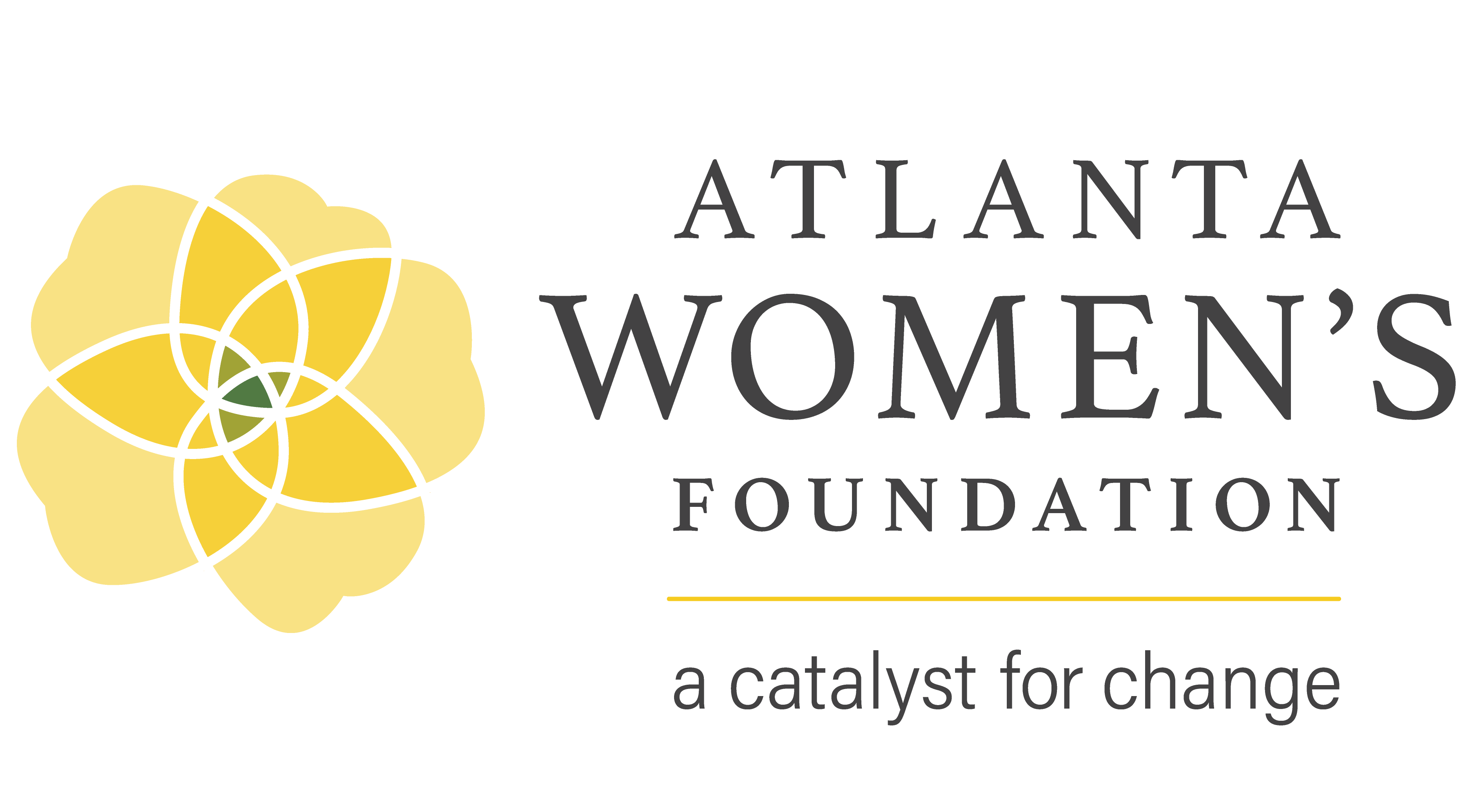Research is a critical component to AWF’s mission because it gives us a deeper understanding of the issues impacting women and girls in our community. We use the information obtained from our research to direct strategies and to help our nonprofit partners and the community work more effectively.

State of Girls in Metro Atlanta
This State of Girls in Metro Atlanta report outlines the various demographic, economic, educational, and health data for Metro Atlanta's girls with a specific focus on how the pandemic has affected the status of girls across a five-county footprint. All Girls Forward: Girls Empowerment Program is a response to this report. The State of Girls in Metro Atlanta was prepared by Alex Camardelle, AWF Consultant, and Jennifer Owens, President and CEO at HealthMPowers, Inc.

Women-Powered Prosperity in Metro Atlanta: Clayton, Cobb, DeKalb, Fulton,and Gwinnett Counties
This Women Powered Prosperity in Metro Atlanta report outlines the economic status of women, the pervasiveness of gender bias in state and local public policies, and evidence-based solutions decision-makers can implement to eliminate structural roadblocks to economic opportunity for women. This report is a collaborative effort of The Atlanta Women’s Foundation and the Georgia Budget and Policy Institute. This report was prepared by Alex Camardelle, senior policy analyst at GBPI.

Child Care Assistance: Georgia’s Opportunity to Bolster Working Families & The Economy
In 2015, The Atlanta Women’s Foundation partnered with Georgia Budget and Policy Institute to develop a report that makes the economic case that Georgia should increase the amount of child care subsidies to help women work and the explains long-term economic benefit to the state of Georgia.
Additional investment in child care assistance strengthens today’s Georgia workforce. It helps Georgia’s low-income working parents become better workers and higher wage earners. It also helps unemployed parents join the ranks of the employed. Nearly 4 in 10 of Georgia’s working families with children are low-income families. A preponderance of research shows child care assistance can help these families contribute more to the workforce and to their own finances.

Breaking the Cycle of Generational Poverty in Metro Atlanta
The Atlanta Women’s Foundation undertook a proprietary research project to learn more about how women and girls experience poverty in our five-county service area. The results of this research have deepened AWF’s understanding of the issues impacting women and girls in our community, which we used to direct our activities and to help our nonprofit partners and the community work more effectively.
